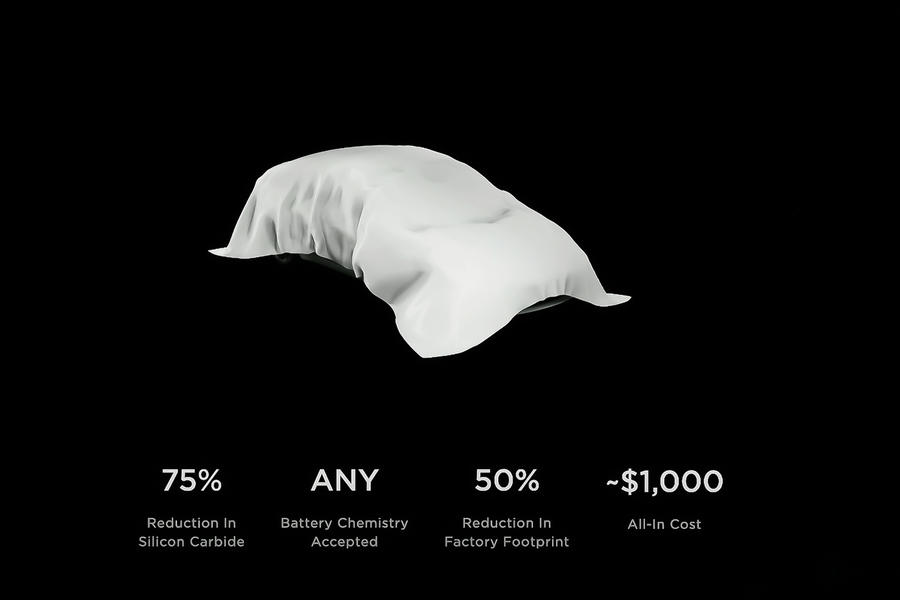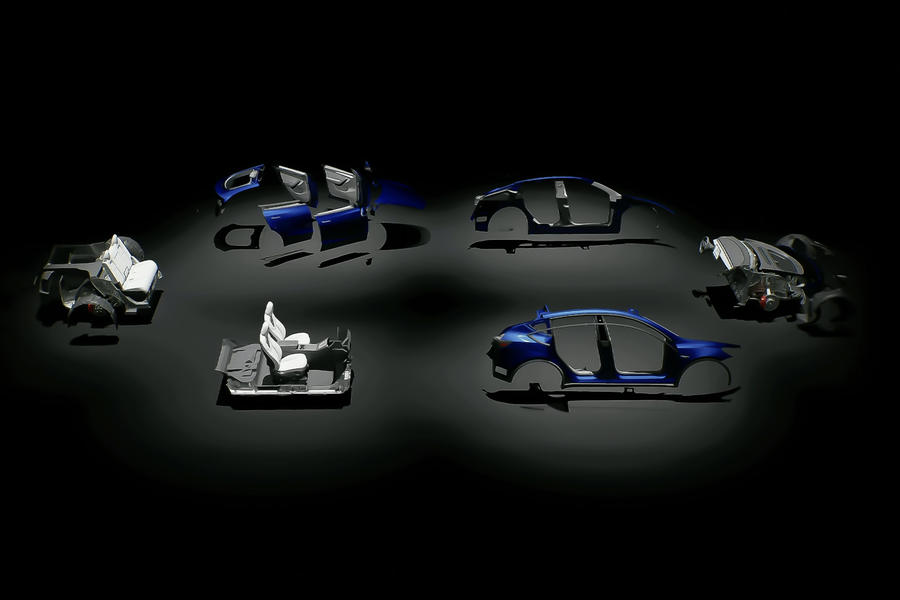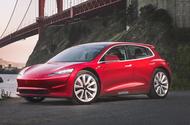New Tesla model is tipped to rival the likes of the MG 4 and BYD Dolphin
Long-awaited entry-level Tesla is in line to be built in Berlin, using new, cost-reducing construction methods
Tesla will reportedly build its long-awaited €25,000 electric car at its European factory in Berlin.
According to Automotive News Europe (via Reuters), citing an unnamed source, Tesla CEO Elon Musk confirmed the move during a visit to the German plant last week, but stopped short of confirming when the affordable new model will arrive.
Musk was in Germany following a high-profile visit to the UK, where he sat down with prime minister Rishi Sunak for a live-streamed conversation about the future of artificial intelligence, making headlines for suggesting the technology would one day “eliminate jobs”.
His Berlin trip focused more specifically on the future of Tesla, and in addition to thanking staff at the plant for their efforts in scaling up Model Y production, he allegedly confirmed to them that the smaller new EV – known unofficially as the ‘Model 2’ – would be the second Tesla model to be built in Europe.
Tipped to hit the market at €25,000 (£21,670), the new Tesla is primed to serve as a direct rival to the likes of both Chinese-made value EVs like the MG 4 EV and BYD Dolphin, as well as upcoming entry models from European marques including the Renault 5 and Volkswagen ID 2.
This is the second indication so far this year that plans are progressing to bring an entry-level Tesla model to market. Earlier this year, Musk told shareholders the firm was developing “two new products”, one of which is thought to have been the refreshed Model 3 saloon, now on sale, and the other the smaller, all-new car (previewed below).

Tesla has previously stated an ambition to scale up production to one million cars per year at the Berlin site, up from an estimated 250,000 earlier this year.
The updated Model 3 and the new model “will probably make in excess of five million units a year” of combined production volume, said Musk.
Tesla’s ‘unboxed’ production process
At the firm’s Investor Day earlier this year, Tesla bosses detailed how new production processes and technical innovations will help it to massively boost the efficiency of both its factories and its vehicles.
Tesla engineering boss Lars Moravy said the Model 3 “landed us in production hell” with various delays and obstacles throughout the construction process hampering the crucial saloon’s roll-out.
But now new methods of vehicle production – first explored during development of the angular, unpainted Cybertruck – are touted as allowing a 40% reduction in factory footprint, cost savings of up to 50% and a drastic reduction in risk of delays at each stage of the production line.

Fundamentally, Tesla will look to minimise the amount of work needed at each stage of the process. For example, the seats will be mounted directly to the underfloor battery pack, with the entire unit then raised up into a bodyshell that has been painted in sections to avoid the need for door removal and reinstallation.
The new process is essentially centred on “only doing things that are necessary”, which is to say avoiding any unnecessary movement or disassembly of the car or its components during its journey down the production line.
All in, Tesla estimates that its new platform will reduce construction cost per vehicle by around $1000 (£830).
Moravy explained that today’s established mass-production processes are based on those pioneered by Henry Ford. “It’s hard to change the car production process after 100 years,” he explained.
Details of the next Tesla car have been kept largely under wraps, with engineering boss Lars Moravy going so far only as to confirm that “it would not be a Model Y” that benefits from the outlined production advances, as was depicted in an illustration that showed the innovations on Investor Day.
Tesla design boss Franz von Holzhausen said details of the firm’s next car would come “at a later date”.
At a vehicle level, upgrades to battery and motor technology have resulted in a 75% reduction in silicon carbide, and mean the firm’s next platform will be able to accept batteries of any chemistry. Powertrain boss Colin Campbell added that the next-generation Tesla EV motor will not use any rare earth metals in its construction.
Source: Autocar
